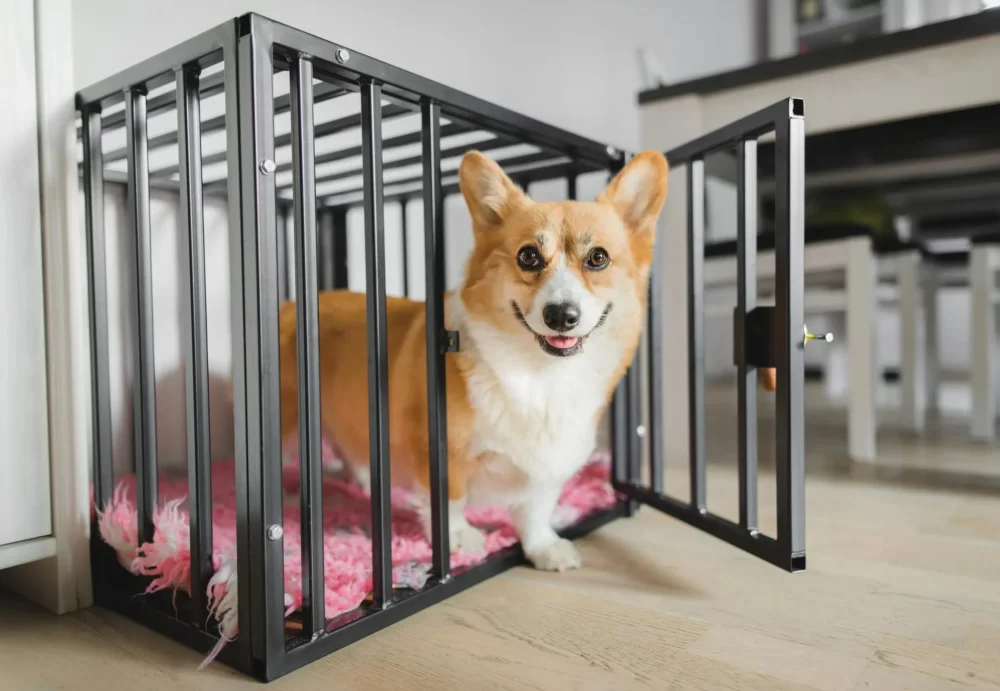- importance-of-cleaning-pet-cages-properly
- step-by-step-guide-to-cleaning-pet-cages
- common-mistakes-and-how-to-avoid-them
- enhancing-pet-cage-hygiene-with-products-and-services
- real-life-experience-and-professional-advice
1. Why Cleaning Pet Cages Properly Is Essential for Your Pet’s Health
Keeping your pet’s living environment clean is more than just a routine chore — it’s a vital part of ensuring their overall health and well-being. Proper cleaning of pet cages prevents the buildup of harmful bacteria, molds, and parasites that can lead to diseases. For example, small animals like hamsters or rabbits can develop respiratory issues if their cages are left dirty for too long. Even reptiles and birds require sanitized environments to avoid infections.
Beyond health, a clean cage reduces unpleasant odors and creates a comfortable, stress-free space for your pet. It also helps you monitor your pet’s health better, since you can spot changes in waste or behavior more easily when the environment is tidy.
Understanding the importance of cleaning pet cages properly encourages pet owners to establish a consistent cleaning routine that benefits both the pet and the owner.
1.1 The Risks of Neglecting Cage Hygiene
When pet cages are not cleaned regularly, the risk of bacterial infections increases significantly. Pets can suffer from skin conditions, respiratory infections, or digestive issues caused by contaminated bedding or food remnants. A well-documented case involved a rabbit owner who noticed lethargy and loss of appetite in their pet, later diagnosed as a bacterial infection linked to an unclean habitat. This case highlights the direct connection between hygiene and pet health.
2. Step-by-Step Guide to Cleaning Pet Cages Effectively
Cleaning pet cages properly involves more than just wiping down surfaces. Each type of pet and cage material requires a slightly different approach to ensure thorough sanitization without harming the animal.
2.1 Preparation and Safety Measures
Before starting, prepare all cleaning supplies such as pet-safe disinfectants, brushes, gloves, and fresh bedding. Remove your pet safely and place them in a secure temporary habitat. This prevents stress and exposure to cleaning chemicals.
2.2 Detailed Cleaning Process
Begin by removing all bedding, toys, food containers, and accessories from the cage. Dispose of soiled bedding properly and wash reusable items with warm soapy water. For cages with wire bars or plastic trays, use a scrub brush to remove stubborn dirt.
Next, apply a pet-safe disinfectant. It’s important to choose products designed specifically for animal use to avoid toxic residues. Let the disinfectant sit for the recommended time to ensure all germs are killed.
Rinse all surfaces thoroughly with clean water and allow the cage to dry completely before adding fresh bedding and returning your pet.
2.3 Frequency and Routine Tips
Depending on the pet type and cage size, weekly deep cleanings combined with daily spot cleaning are recommended. For example, bird cages require more frequent cleaning due to droppings, while reptile enclosures might need specific humidity control post-cleaning.
3. Common Mistakes in Pet Cage Cleaning and How to Avoid Them
Many pet owners unintentionally make errors that reduce the effectiveness of their cleaning efforts.
3.1 Using Harsh Chemicals
One common mistake is using household cleaners that contain bleach or ammonia. These substances can be toxic to pets and cause respiratory distress. Instead, opt for cleaners labeled safe for pets or natural solutions like diluted vinegar.
3.2 Insufficient Drying Time
Returning pets to a damp cage can cause skin irritations or respiratory problems. Always ensure the cage is completely dry before putting your pet back inside.
3.3 Neglecting Accessories
Often, toys, food bowls, and water containers are overlooked. These items can harbor bacteria and should be cleaned alongside the cage.
4. Enhancing Pet Cage Hygiene with Trusted Products and Expert Services
For pet owners seeking convenience and assurance, professional-grade cleaning supplies and expert advice can make a big difference. At Hidden Brook Veterinary, you can find a carefully curated selection of pet-safe disinfectants, cage liners, and maintenance tools designed to simplify cleaning routines.
Moreover, Hidden Brook Veterinary offers personalized consultations and services to tailor pet care solutions based on your pet’s species, health condition, and lifestyle. Utilizing such resources can greatly improve cage hygiene and your pet’s quality of life.
5. Real-Life Experiences and Professional Insights on Cage Cleaning
Many pet owners share their success stories online about how improving their cleaning routine led to healthier and happier pets. One owner described how their guinea pig’s chronic respiratory symptoms resolved after switching to weekly deep cleans and using pet-safe cleaning products recommended by veterinarians.
Professional veterinarians emphasize that regular cage cleaning is a cornerstone of preventative health care for pets. Combining this practice with proper nutrition and veterinary check-ups forms a holistic approach to pet wellness.
Listening to expert advice and learning from other pet owners’ experiences can inspire better care practices and deeper connections with your pets.












